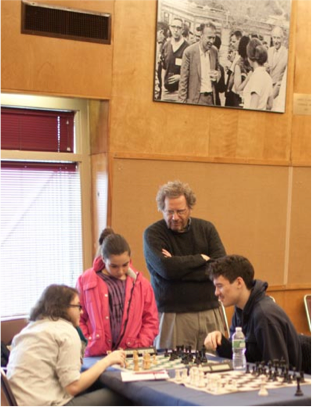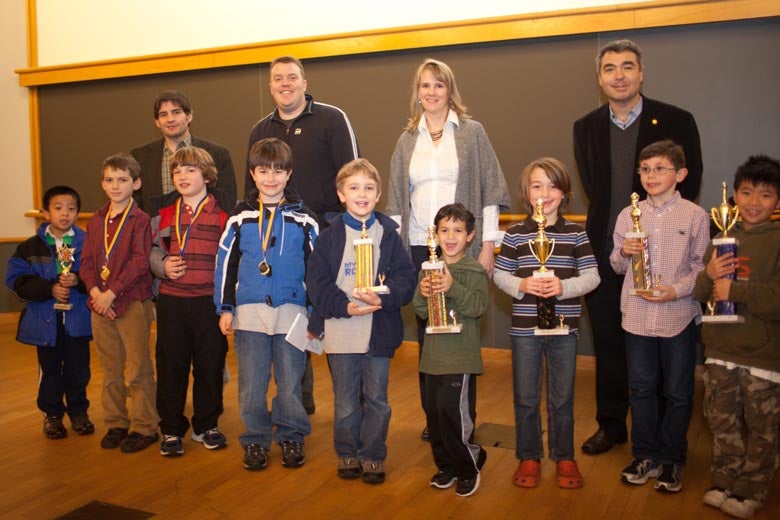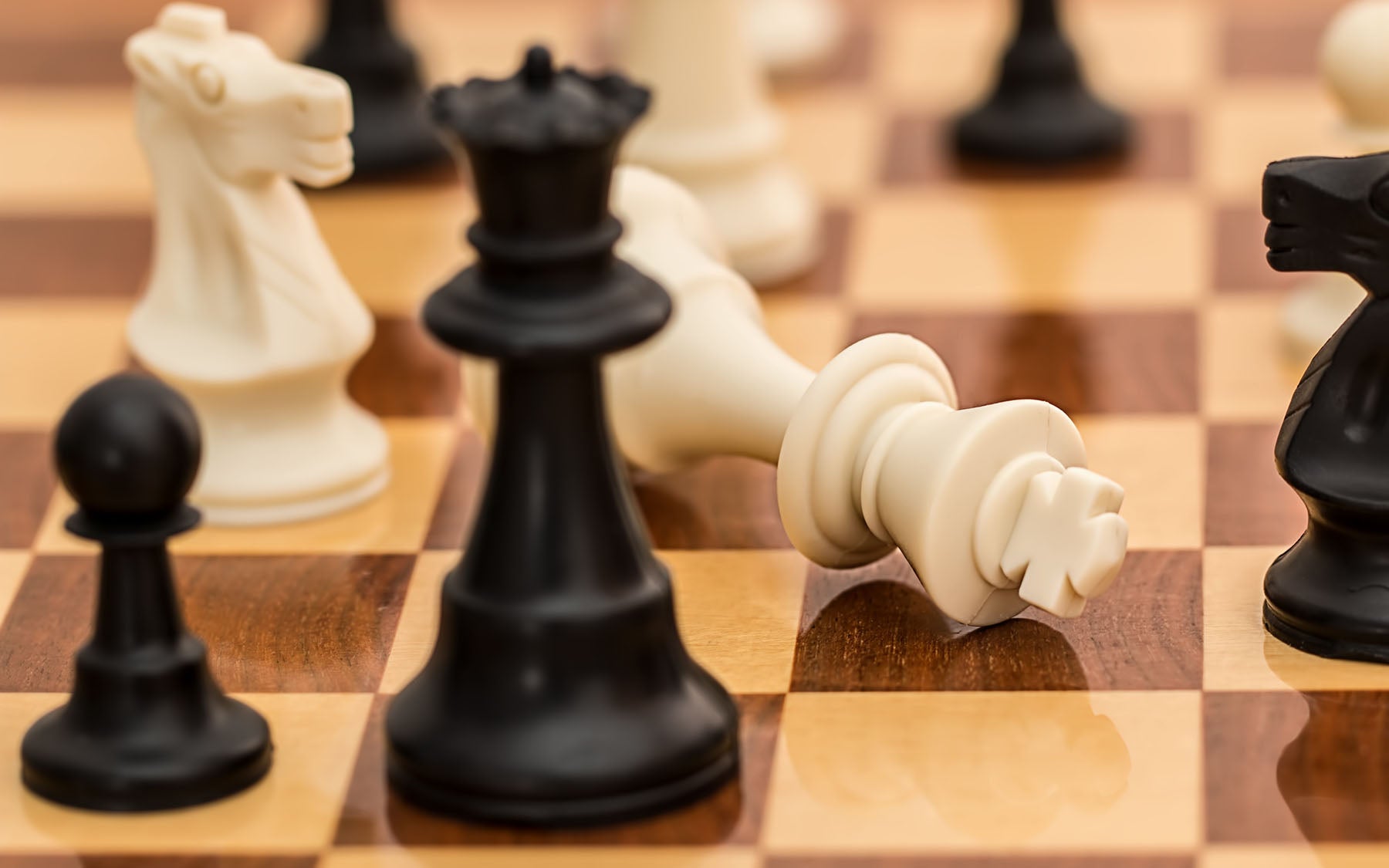The 3rd annual Chess Benefit at Cold Spring Harbor Laboratory (CSHL) brought 47 participants from the Long Island and NYC area to test their chess skills on the same grounds upon which world-class scientists test biological processes
Cold Spring Harbor, NY — The 3rd annual Chess Benefit at Cold Spring Harbor Laboratory (CSHL) brought 47 participants from the Long Island and NYC area to test their chess skills on the same grounds upon which world-class scientists test biological processes.

Supported by NMS Management and assisted in its fruition by LI Chess Mates founder and head-coach, Grandmaster Gennady Sagalchik, the tournament took place on Sunday, January 13th and was held to bring awareness to autism and raise money for research.
The day was filled with both chess and science for players, parents, and volunteers alike. Colleen Carlston, a Ph.D. student in CSHL’s Watson School of Biological Sciences, presented an overview of CSHL and her research to players and parents, and gave a tour of the beautiful grounds. Also in attendance was luminary scientist and CSHL professor, Dr. Michael Wigler, who led a team of research investigators to the discovery of a “unified theory” of autism’s genetic causation. Guest-speaker Dr. Michael Ronemus, a CSHL research investigator in Dr. Wigler’s laboratory, gave a talk on the history of autism research and his personal work sequencing the human genome.
The tournament consisted of five sections, two Non-rated, U1100, U1600, and Open, directed by one of the most active scholastic TD’s, Shaun Smith. Additionally, an informal blitz tournament was held for parents whose kids’ chess inclinations had rubbed off on them, and CSHL scientists. The success of the event would not have been possible without numerous dedicated volunteers.
Chess players in attendance included International Master Justin Sarkar, and the highest rated Long Island junior, Alexander Fabbri. IM Sarkar, a graduate of Columbia University who had previously given a talk on chess and autism, gave a simul to the top 4 players and came away undefeated, with 3 wins and a draw.
Awards were presented to the top finishers by CEO of NMS Management, Nancy Szigethy, who said, “The tournament was an inspiring event. Everything about the experience—the tournament itself, the facilities and presentations at CSHL, were impressive.”
The 1st place winners of the five sections were Aidan Visconti with a perfect score in K-2 Non-rated, Victor Lu and Luke Perciballi in 3-12 Non-rated, Alexandra Purdy in U1100, Oliver Liu with a perfect score in U1600, and Taner Ture in Open. In the parents’ blitz tournament, Max Izmaylov was the winner and got to make his daughter proud.
Event write-up details contributed by Caroline Sagalchik for Chess Life Online

Written by: Communications Department | publicaffairs@cshl.edu | 516-367-8455
